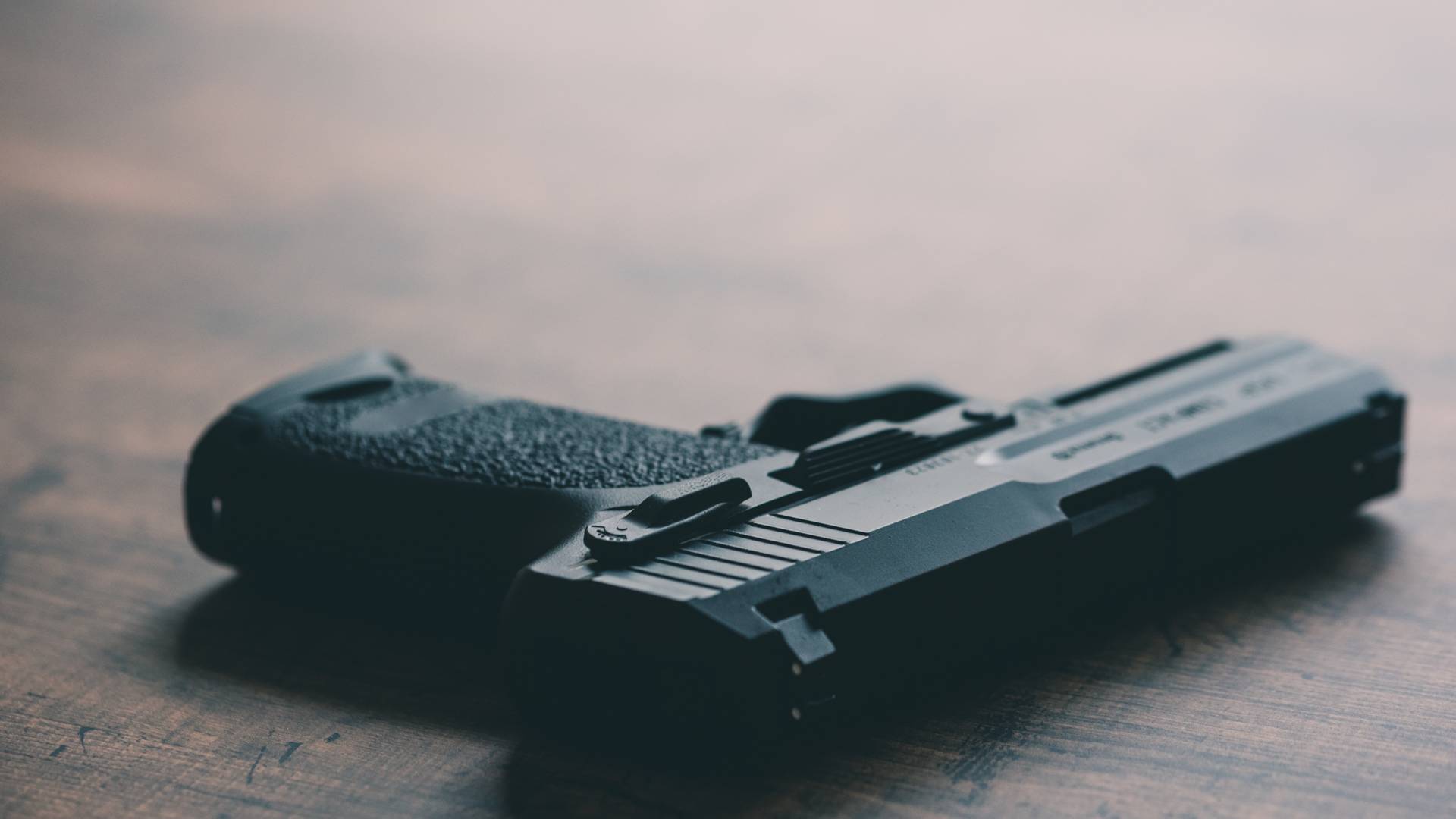If you've been charged with a DUI in Maryland, it's essential to understand your rights and the legal process involved. One crucial aspect of the DUI process is the field sobriety tests and breathalyzer results, often used as evidence against you in court. However, these tests are not infallible, and it's possible to challenge their accuracy and reliability. This comprehensive guide will discuss how to challenge field sobriety tests and breathalyzer results in Maryland and how a skilled criminal defense attorney can help you navigate the complex legal landscape.
Understand the Types of Field Sobriety Tests
Three standardized field sobriety tests are commonly used in Maryland: the Horizontal Gaze Nystagmus (HGN) test, the Walk-and-Turn test, and the One-Leg Stand test. A knowledgeable defense attorney can exploit each test's limitations and flaws. For example, the National Highway Traffic Safety Administration (NHTSA) acknowledges that the HGN test has a 77% accuracy rate, meaning that nearly one in four people tested may be incorrectly deemed intoxicated.
Identify Potential Errors in Breathalyzer Results
Breathalyzer devices are prone to errors, which can lead to inaccurate results. Some common issues include:
- Improper calibration of the device
- Use of an outdated or malfunctioning device
- Interference from external factors, such as radio frequency or temperature
- Operator error or lack of proper training
A skilled attorney can investigate these potential issues and use them to challenge the validity of your breathalyzer results.
Examine the Officer's Conduct and Training
In Maryland, law enforcement officers must follow specific protocols when administering field sobriety tests and breathalyzers. These protocols are outlined in the Maryland DUI Advisory and the NHTSA guidelines. If the officer deviated from these protocols or lacked the proper training, your attorney may be able to challenge the admissibility of the test results in court.
Explore Alternative Explanations for Test Results
Many factors can cause a person to fail a field sobriety test or register a high breathalyzer result, even if they are not intoxicated. Some common examples include:
- Medical conditions, such as inner ear disorders or neurological issues
- Physical disabilities or injuries
- Prescription medications or over-the-counter drugs
- Environmental factors, such as uneven surfaces or poor lighting
An experienced attorney can help you explore these alternative explanations and present them as evidence in your defense.
Seek Professional Legal Assistance
Challenging field sobriety tests and breathalyzer results in Maryland can be complex and daunting. The best way to protect your rights and ensure the best possible outcome is to enlist the help of a knowledgeable and experienced criminal defense attorney. At MacDonald Law Office, LLC, our team of skilled attorneys is well-versed in Maryland DUI laws. It has a proven track record of successfully challenging field sobriety tests and breathalyzer results.
Contact MacDonald Law Office, LLC today to discuss your case and learn how we can help you fight your DUI charges!
